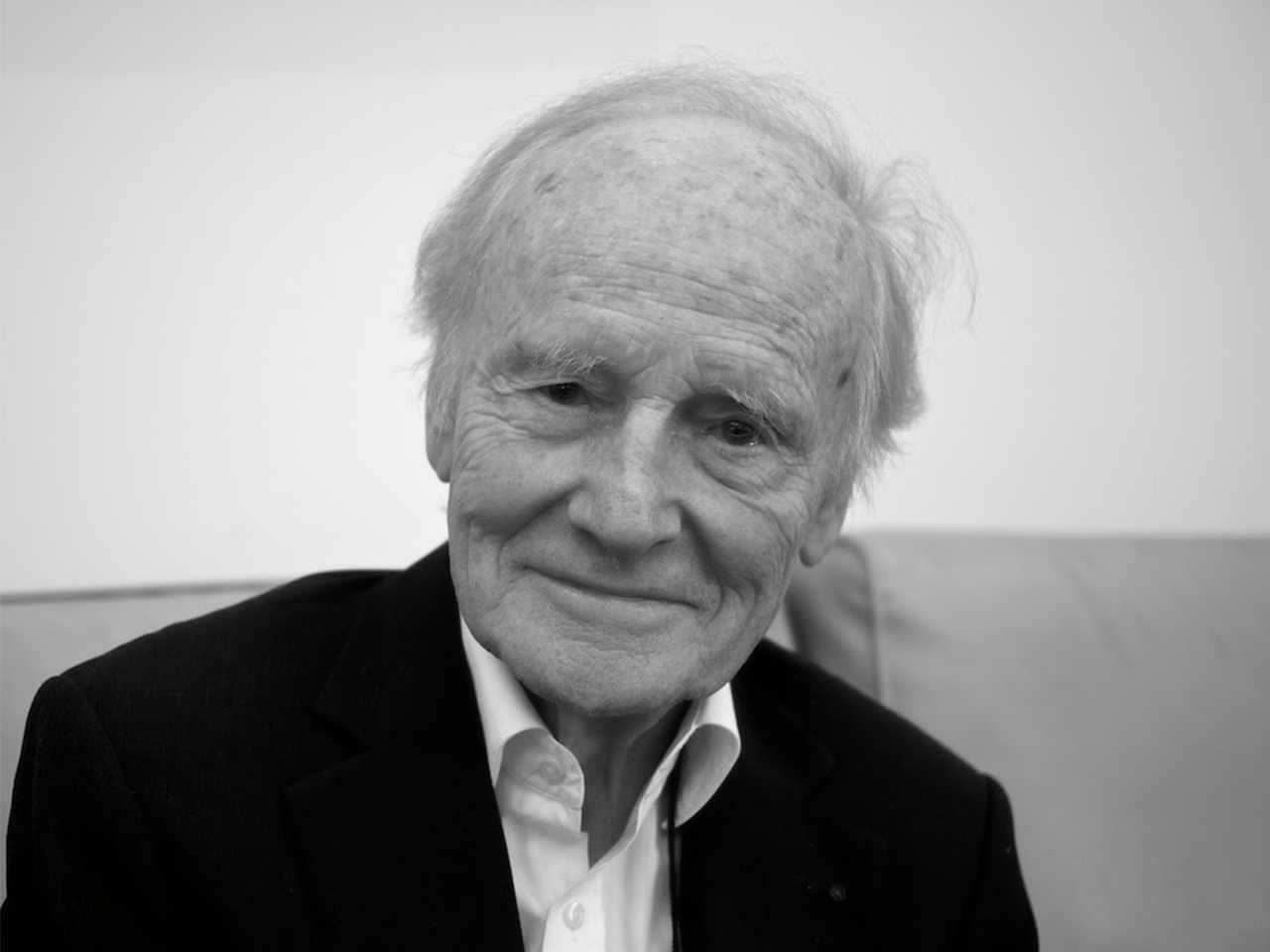Robert Spaemann, the prominent German philosopher and outspoken critic of the papal document Amoris Laetitia, has just given an interview to the Italian website La Nuova Bussola Quotidiana, in which he comes to the aid of the Four Cardinals.
As the same website has now also revealed, in a separate article – although Professor Spaemann appears not yet to know of this speculation – the other two prelates who had earlier also signed the dubia which were sent to Pope Francis are “in all probability” the retired Curial Cardinal Paul Josef Cordes of Germany and His Beatitude Sviatoslav Shevchuk, Major Archbishop of the Ukrainian Greek Catholic Church. Cardinal Cordes had been a critic of some of the liberalizing tendencies manifested in the Family Synod discussions in 2014 and 2015, and he had also published a booklet in which he spoke about the strong resistance against the “Kasper proposal” during the 2014 Consistory itself, and surfacing just after Cardinal Walter Kasper’s own speech.
To return to Professor Spaemann’s own defense of the four (now five and one Major Archbishop) cardinals: in the new interview, La Nouova Bussola Quotidiana asks the German philosopher and personal friend of Pope Emeritus Benedict XVI what he thinks of the decision of the cardinals to first send the dubia privately only to the Holy Father, but then, subsequently also to make their doubts public. Spaemann responds:
With the dubia, the cardinals fulfill their own duty to support with their own counsel – as “senators” – the Church in the person of the Holy Father. The supreme judge of the Church is the pope. And that is why it is deplorable that only four cardinals have taken the initiative in this case… The four cardinals have chosen the right path. The pope is the first addressee of the dubia, even if I think that the letter should have gone through the Congregation for the Doctrine of the Faith. [my emphasis]
The German philosopher continues to explain the nature of the dubia when he says that “the authors did not write ‘an open letter’, but they directly addressed the Holy Father. The publication [of the dubia] only took place after the pope refused to answer.”
When asked how he interprets the perduring silence of Pope Francis in the face of an objective situation of confusion, Spaemann responds:
The pope’s refusal to respond to the appeal of the four cardinals makes me worried, because the supreme Magisterium is being thereby [lowered and] sunk. The pope has a very deep aversion against decisions which demand a clear ‘yes’ or ‘no’. However, Christ – the Master of the Church – confronts his disciples with decisions of this kind. In His own [unambiguous] demand in regard to adultery, He ‘shocks’ the Apostles with the simplicity and the clarity of the teaching.
With these words, the German philosopher makes it clear that Pope Francis is not following here the path of Christ Himself. This applies also to the question of a worthy reception of Holy Communion. In Spaemann’s eyes, there is no way to refer to a form of subjectivism in order to justify the reception of the Holy Eucharist, even though one is living in an objective state of sin. He says that “it is an error to believe that the subjective is the ultimate criterion for the administration of the Sacraments.” In his eyes – and quoting here St. Thomas Aquinas – one can only escape this dilemma of the “subjective conscience” by conversion, “in opening one’s conscience up to objective truth.” And he continues, saying: “The place where one finds truth is, on the one side, reason, and on the other, Revelation.”
In piercing words that also go to the root of the problem, the 89-year-old Spaemann answers, on the question of whether one should follow the truths of Revelation:
Does one have to believe still in the sources of Revelation? “Do you want to leave Me, too?” (John 6:67) This question Jesus put to His Disciples when the crowds leave Him, after having heard the words of Jesus. Peter does not discuss [them], but simply asks: “Whereto shall we go? Only you have the words of Eternal Life.” (John 6:68)
This man of advanced age – and with all of his life experience and wisdom – still holds fast to the words of Christ and thus stands athwart even the Supreme Pontiff when he dares to oppose the very words of Our Savior. Earlier, Spaemann had warned the pope, in April of 2016, that this ambiguity as it is to be found in Amoris Laetitia might very well be the cause of a split in the Catholic Church, as is becoming more and more obvious. He said:
The chaos has been turned into a principle – with one stroke of a pen. The pope should have known that he will split the Church with such a step and that he leads her into the direction of a schism – a schism that would be not at the periphery, but in the middle of the Church. May God help us to avoid this.
May the words of this wise man now be listened to and resolutely acted upon.


